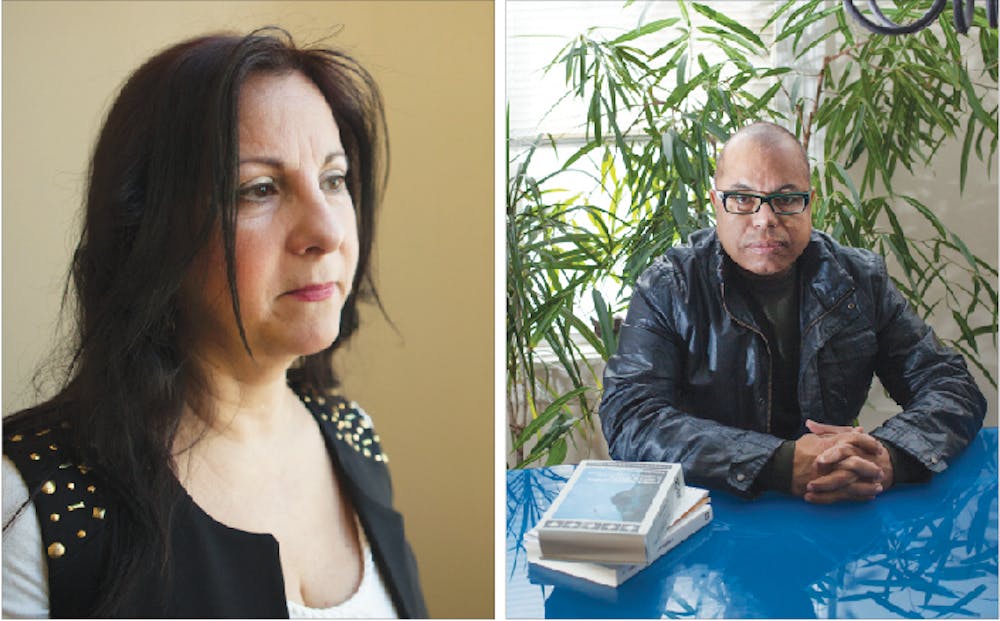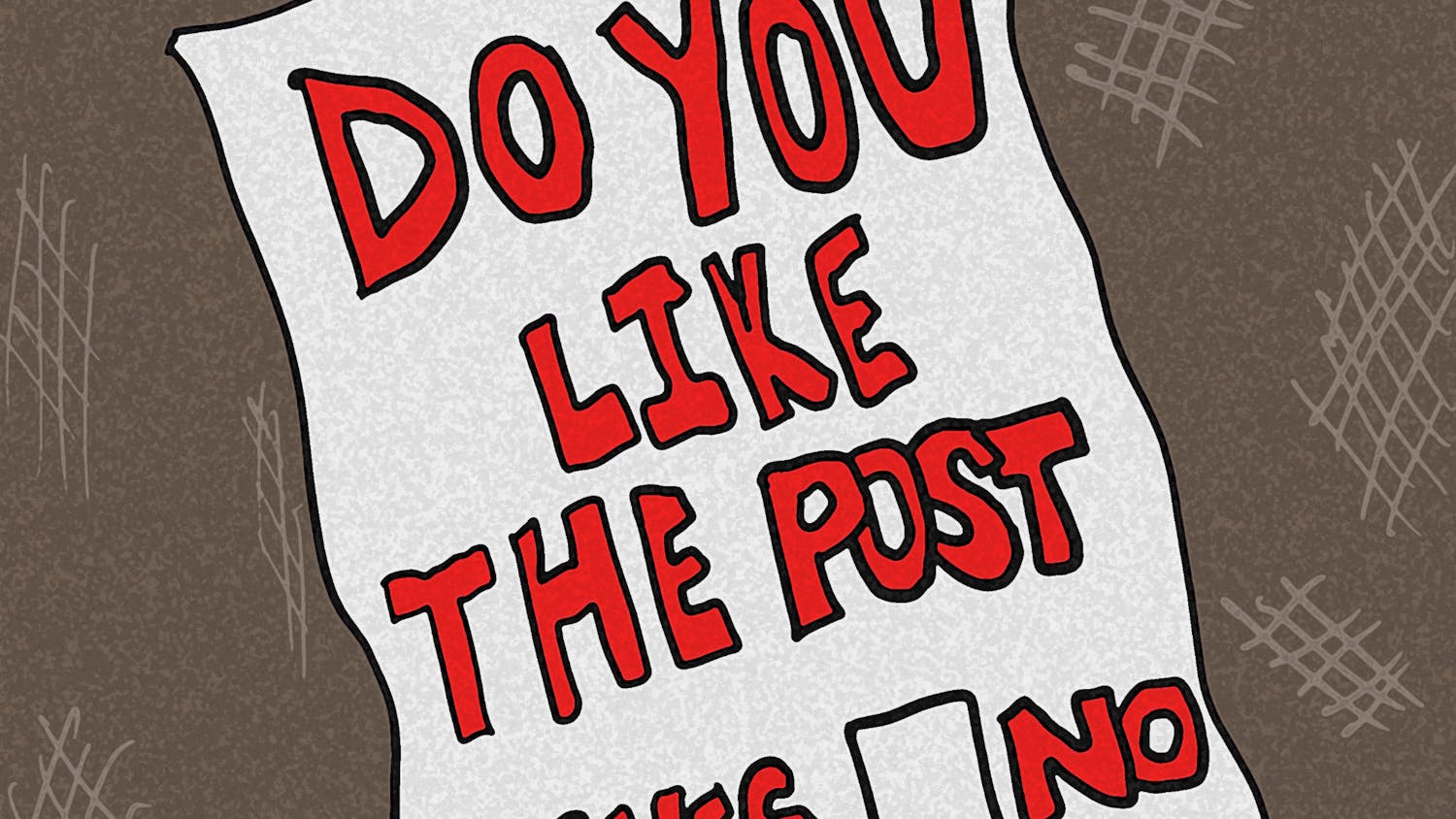Since the beginning of the Venezuelan protests in February, 39 people have been killed in protest-related violence. Though the violence seems worlds away, some residents are feeling the effects even in Athens.
The anti-government protests are opposing the governmental system under Nicolas Maduro, the Venezuelan president, who was elected following the death of Hugo Chavez in 2013.
The demonstrations and protests have resulted from years of oppression and feeling unsafe in life, said Liliana Alvarez, a Spanish instructor who moved to the United States from Maracaibo, Venezuela, in 2002.
“In my opinion, this was (an) explosion coming from many years of repression,” she said. “Students don’t feel secure in the universities, and people don’t feel safe in the streets.”
Politics play into the protests, but it is more so a protest for civil rights, said Natalia Sanchez, Alvarez’s daughter and a sophomore studying psychology at Ohio University.
“It’s not necessarily a politically ideological fight,” she said. “Politics aside, what people are protesting for — well, it’s mostly college students — but they are protesting the violence in the country, the senseless murders, a horrible economy and a lack of basic necessities. People just want a better standard of life.”
Having lived in Venezuela until the age of eight, Sanchez said dealing with political unrest and violence isn’t a new experience and is something the Venezuelan people have had to deal with.
“I know I live in the United States, but what happens affects my emotional state a lot more,” she said. “Even though I may not be there, it affects me because it affects my family. My family lives in fear, and I fear for them.”
Some of her family have been involved in the protests and have participated in what can become dangerous situations. Staying in contact online and over the phone helps Sanchez keep in touch with her family during the unrest and know that they are all safe.
For now, the future is uncertain and looks grim, Nelson Hippolyte, assistant Spanish professor and a former Venezuelan journalist, said.
“(The government) tries to project an image that the country is doing fine, but they are waiting for the people to get tired of protesting and fighting,” he said. “At some point, it will happen because people are frustrated. I don’t want to be pessimistic, but we don’t have hope right now.”
Governmental corruption, fraud and censorship are rampant in the country, Hippolyte said.
“The government is reclusive, the media is in the government’s hands and people are harassed for speaking out,” he said. “In every town, people are struggling.”
The situation is complicated and masked with uncertainty, Alvarez added.
“It’s not enough to have elections to be a democracy; we need more,” she said.
“We don’t have checks and balances, and that’s what we need.”
Although she isn’t a Latin-American studies expert, Kathryn Fisher, visiting assistant professor of political science, said from an international relations background, looking at what is happening is important for a variety of reasons.
“As someone distanced from the instability in everyday terms, I see significance with respect to local issues of social justice, politics, and economics, as well as more conventional issues regarding interstate relations,” she said. “A more comprehensive take would perhaps benefit from a consideration of historical context to situate contemporary concerns.”
@thisisjelli
ao007510@ohiou.edu






